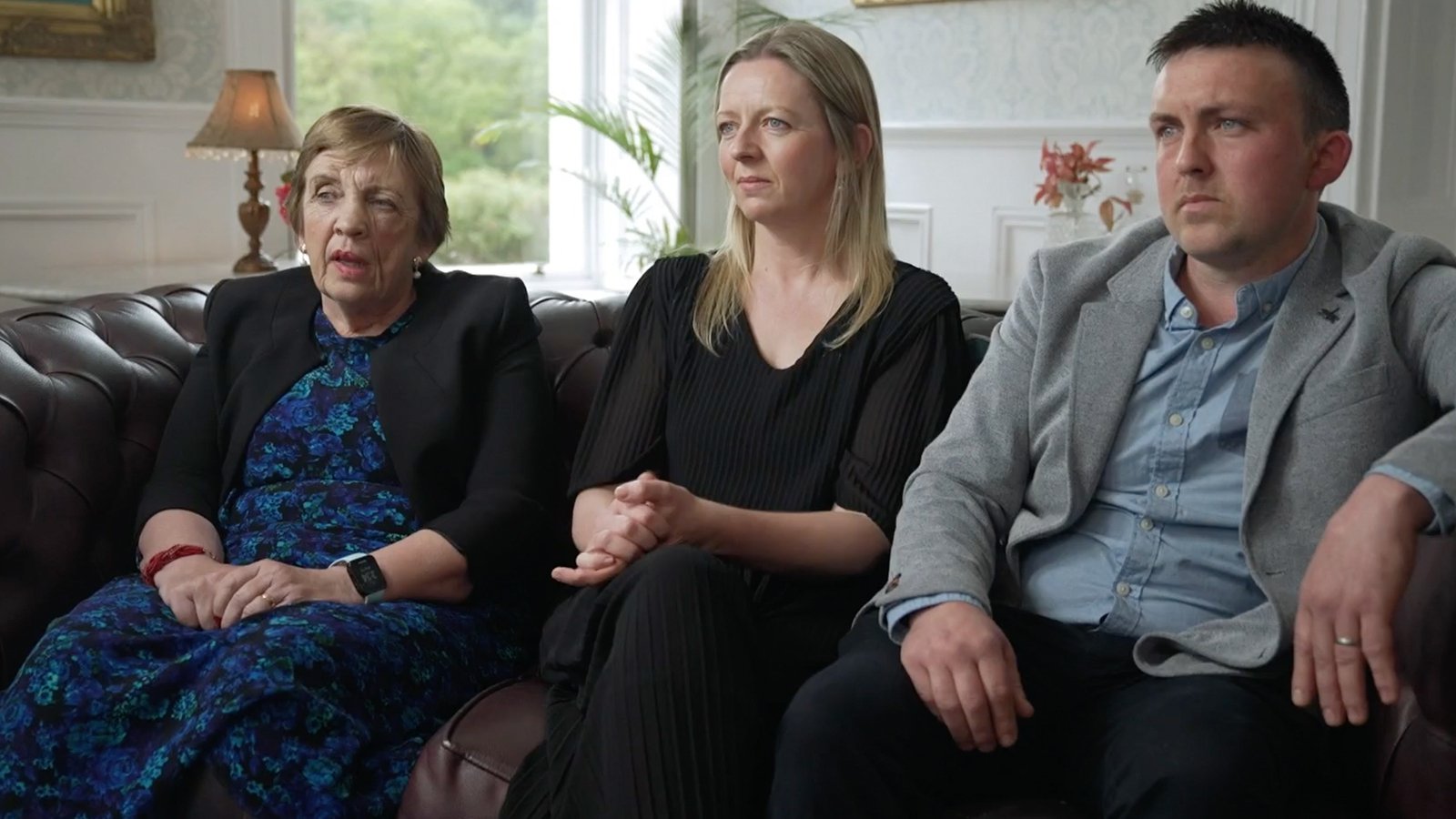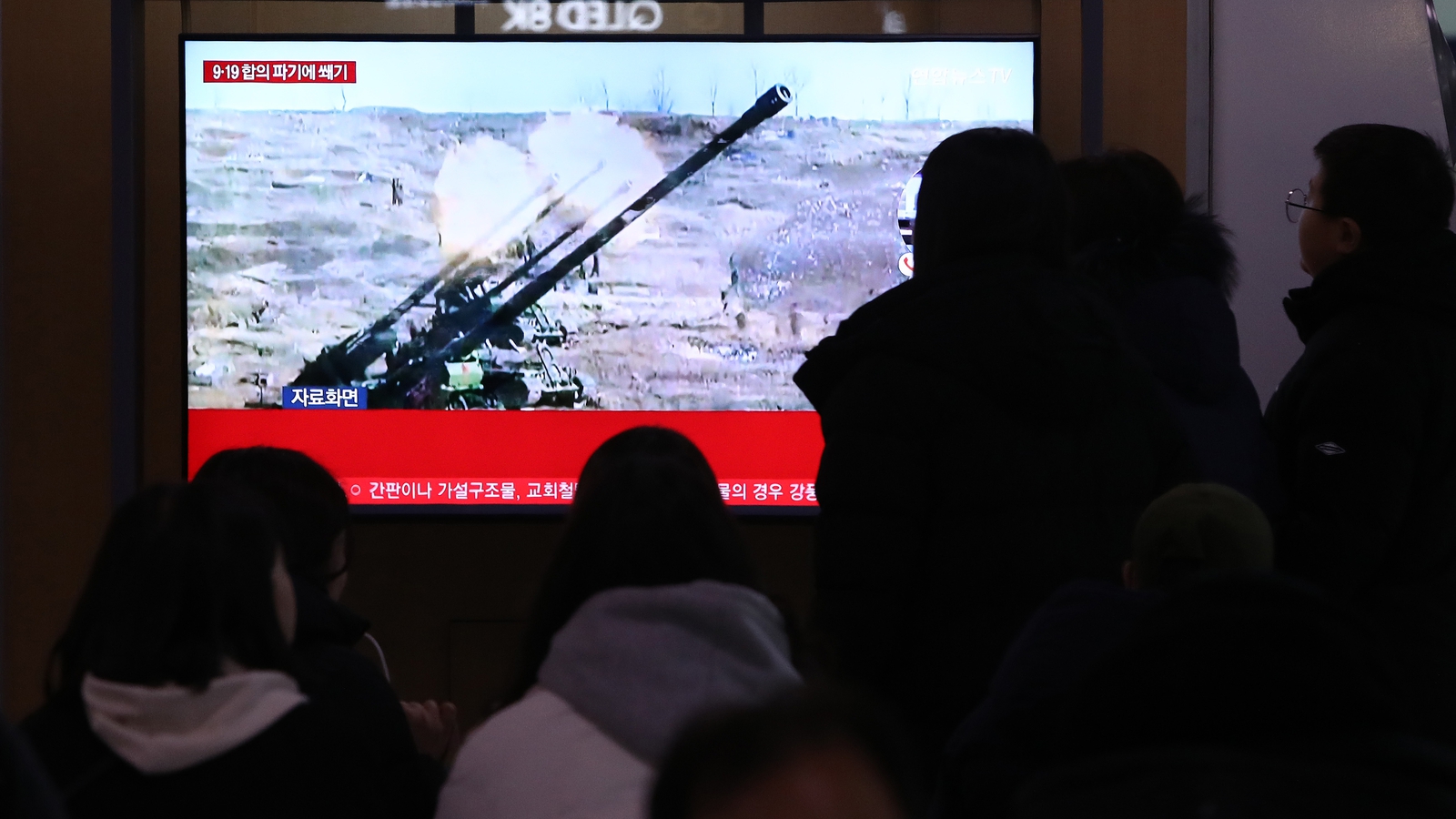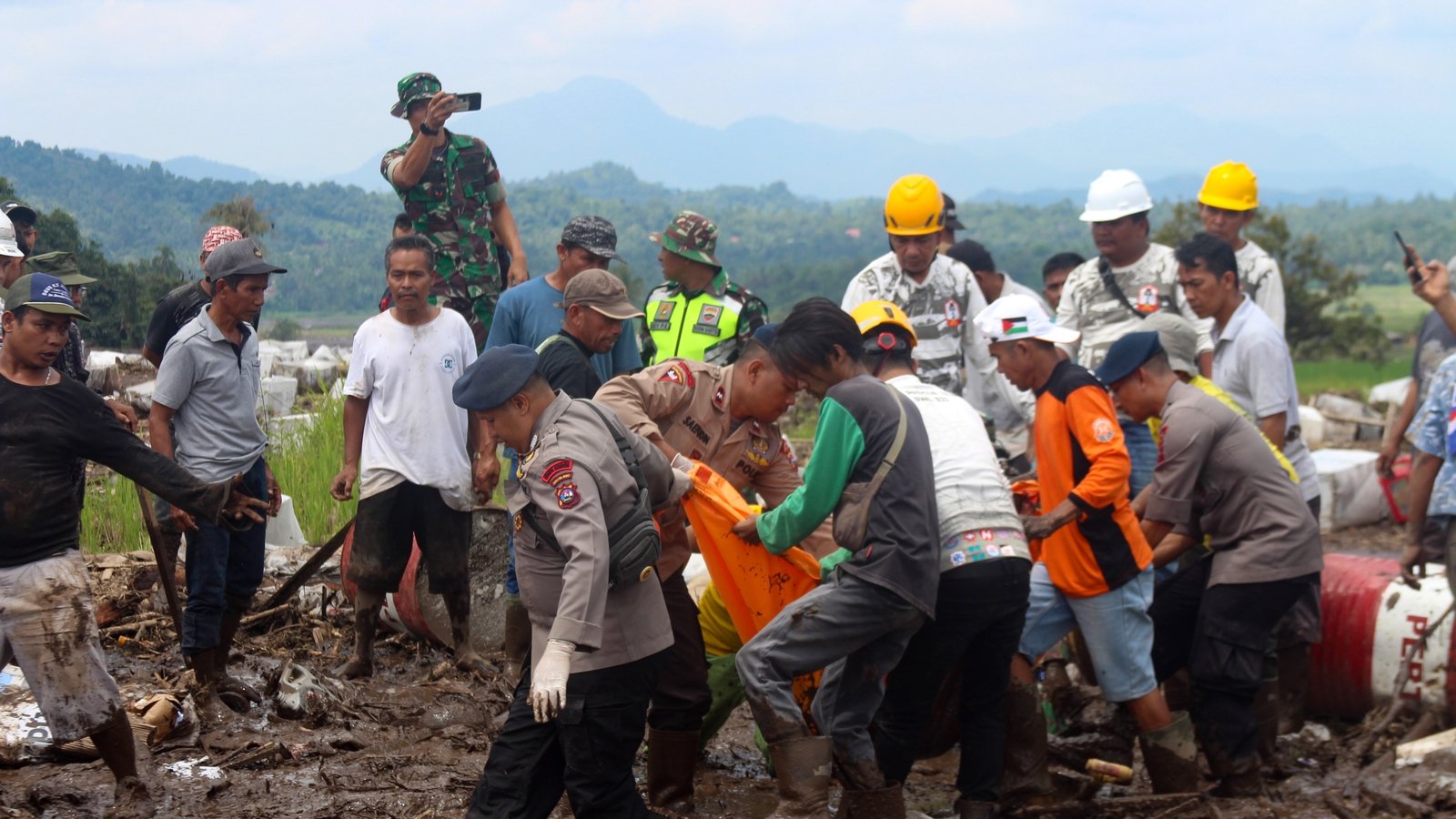Over 25 Irish ‘child abuse material victims’ identified


Gardaí have identified more than 25 Irish children who have been victims of online child abuse material in the first three months of the year, a Policing Authority meeting has been told.
Detective Chief Superintendent Colm Noonan told the public meeting in Co Limerick today that some of those children identified were as young as five-years-old.
He said the priority was to identify them and put the necessary supports in place to remove the children from the risks.
Garda Commissioner Drew Harris told a press conference following the Policing Authority meeting that the increasing prevalence of child sex abuse imagery is a major concern.
He said children were being targeted by predators who build up a relationship through social media or gaming sites and then turn it into abuse through coercion.
He also said that it was a regrettable feature that in some cases, children were being coerced into bringing younger siblings or friends into the crime and that those videos would then be sold on.
Mr Harris said the issue was far more prevalent than people realise and that there had been a 300% increase in the number of reports being received by the gardaí.
Chair of the Policing Authority Dr Elaine Byrne said there needs to be more specialised child interviewers.
She said the authority was concerned about a backlog of devices that needed to be analysed.
Dr Byrne said they were also worried about the growng prevalence of the crime.
We need your consent to load this rte-player contentWe use rte-player to manage extra content that can set cookies on your device and collect data about your activity. Please review their details and accept them to load the content.Manage Preferences
Earlier, the Policing Authority said gardaí must do more to protect vulnerable children in State care who are at risk of sexual exploitation.
The body today published its latest ‘Oversight of Policing Response to Child Sexual Abuse’, which stated that while good progress has been made in several areas more needs to be done to ensure there are enough specialist interviewers.
The report said the numbers of Specialist Victim Interviewers will not be sufficient to address the current delays interviewing children in relation to child sexual abuse.
It highlighted the considerable difference in the timeframes for delivery of interviews around the country.
Garda representatives have said that this is due to capacity, including the availability of interview rooms and availability of interviewers.
It said joint training for these interviewers recommenced in 2023, with an additional 47 individuals across An Garda Síochána and Tusla trained by the end of last year.
However, a report last year cited Tusla as indicating that a functioning inter-agency system of child specialist interviewing requires more than 100 such specialists.
The report also pointed out that despite a key recommendation of the 2017 report, around missing children, particularly those missing from care and those who are at high risk of exploitation, being reported as “implemented”, issues in that area continue to be reported.
It highlighted a UCD scoping study that raised concerns “that children and young people, and in particular girls, in residential care or who go missing while in State care, are being targeted for sexual exploitation in an organised manner by coordinated networks, or gangs, of predatory men”.
It also pointed to media reports in December last year of significant numbers of missing migrant children.
Concern over welfare of specialist interviewers
Dr Byrne said one of their recommendations was that there would be joint training between interviewers from Tusla and gardaí.
Speaking to RTÉ’s News at One, Dr Byrne said there is also a concern about the welfare of specialist interviewers, given the material they have to deal with on a regular basis.
She said the report highlights the “hard work and sensitivity” of specialist interviewers and shows the benefits of having a specialisation in this area.
She also said one of their concerns is the capacity of the cybercrime unit to expedite analysis of seized devices, adding that there is a backlog.
Dr Byrne said the issue of roads policing will be discussed at the meeting today.
She said gardaí are “one agency in what is a multi-agency approach” to roads policing and there is “a lot more to be done”.
On the new directive from Commissioner Harris that gardaí carry out 30 minutes of roads policing per shift, she said any initiative to reduce the number of road deaths and lack of enforcement on the roads had to be welcomed.
“We’re interested to hear what the commissioner’s going to say on this.”
94 garda members suspended
Separately, Mr Harris told today’s Policing Authority meeting that there are currently 94 members of the gardaí who are suspended.
He said 14 were for offences of “dishonesty”, 13 for offences of a “sexual motivation”, 13 for driving under the influence of drink or drugs, eight for domestic abuse, nine for disclosing confidential material, and eight for criminal assocation.
He also said there were a number suspended for other various reasons, including abuse of process and drugs related.
The Garda Commissioner said it was very regrettable that any member was suspended and that the decisions were not taken lightly.
He also said some of many of incidents that have resulted in suspensions were first reported by other concerned members.
Mr Harris said he thought the organisation was in a “positive place” in terms of the ethical climate, but said he did have a particular concern over a “small number of individuals”.
Roads policing directive having ‘real impact’ – Harris
The Garda Commissioner also said that the new directive that means gardaí are carrying out a minimum of 30 minutes per shift on roads policing is having a “real impact”.
He said while enforcement is important, it is also about prevention and increasing visibility.
Mr Harris said the new policy has been in place for the last two weeks and said there has been an increase in the number of breath testing carried out and an increase in the number of penalty points being handed out for mobile phone use.
He added there has been an increase in the number of vehicles seized in the time it has been in effect.
Threats to politicians
Mr Harris told the meeting that he was aware of the threats and pressures being put on politicians and that it has grown into a more pernicious problem over the last five years.
He said people have a right to protest but do not have a right to break the law.
Mr Harris also said he asked for a review to be conducted to see how other common law countries deal with the issue with a view to adopt any relevant learnings here.





